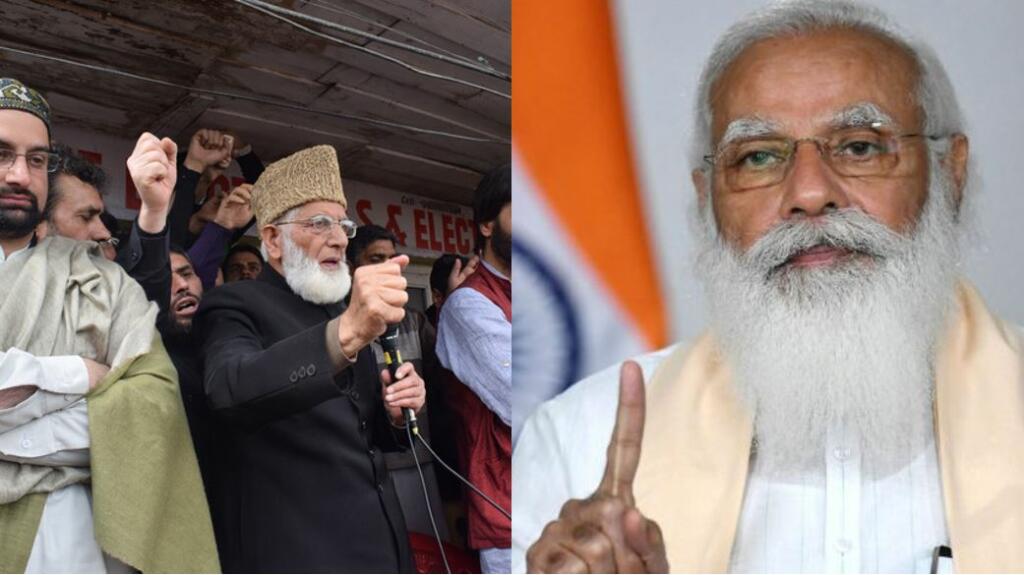As per the government sources, the Central government is likely to mark a watershed moment with its decision to consider a ban on both the factions of the All Party Hurriyat Conference under the Unlawful Activities Prevention Act (UAPA). With the imposition of a ban, security agencies will be allowed to arrest any office bearer for being associated with the Hurriyat and block the flow of funds.
Discussions to declare both the hard-line and moderate factions of the Hurriyat as “unlawful association” have begun but the file movement is yet to begin, said the sources of the Union Home Ministry.
The discussions gained momentum after a recent investigation indicated that the organisations that were a part of the Hurriyat Conference conglomerate were using the money collected from MBBS aspirants for funding terror organizations in the Union territory.
The All Parties Hurriyat Conference (APHC), founded on July 31, 1993, is a pro-Pakistani terror organization. It is an amalgam of many parties stitched together by their common stand to free Kashmir. The separatist conglomerate broke into two factions in 2005 with the moderate group being led by the Mirwaiz and the hard-line faction headed by Syed Ali Shah Geelani.
During the period when Congress was ruling India, Hurriyat played a prominent political role in Union territory. The aged-old party was in engagement with the Hurriyat front, and they were in talks with each other regarding Kashmir.
Ever since Modi Government came to power in 2014, the organisation lost its ground and had to witness a downfall in political power. The central government had restricted any association of India with Hurriyat due to its separatist ideologies. With the abrogation of article 370 in 2019, Mirwaiz’s residence along with JKLF Chairman Yasin Malik, JKDFP President Shabbir Shah, Tehreek-e-Hurriyat Chairman Mohammad Ashraf Khan and many others were raided by NIA. Later Malik and Alam along with Dukhtaran-e-Millat chief Asiya Andrabi were jailed.
To date, 18 separatist leaders from Kashmir including those from the Hurriyat in a case of terror funding have been arrested. The agency had also filed a charge sheet in the case against 12 people, including Lashkar-e-Taiba chief Hafiz Saeed and Hizbul Mujahideen head Syed Salahuddin.
Indeed, for the last two years, following the abrogation of Jammu and Kashmir’s special status on August 5, 2019, and the downgrade of the state into two UTs, the Hurriyat leadership has been silent.
Now, the government is all up with the strategic and beneficial move to prevent terror activities in the valley which are carried out by organizations like Hurriyat backed by Pakistan and ISI.
NIA has stated that this pattern of recommending students through Hurriyat leaders in Pakistan colleges has helped Pakistan’s efforts to destabilise India.
The NIA said in its charge sheet, “This shows a triangular nexus wherein the terrorists, the Hurriyat and the Pakistani establishment are the three verticals, and they are ostensibly patronising the Kashmiri students in order to prepare a generation of doctors and technocrats in Kashmir who will have leanings towards Pakistan.”
With this step to ban the Hurriyat, the government is aiming at preventing terror organizations from carrying out awful activities that could lead to disastrous results.
